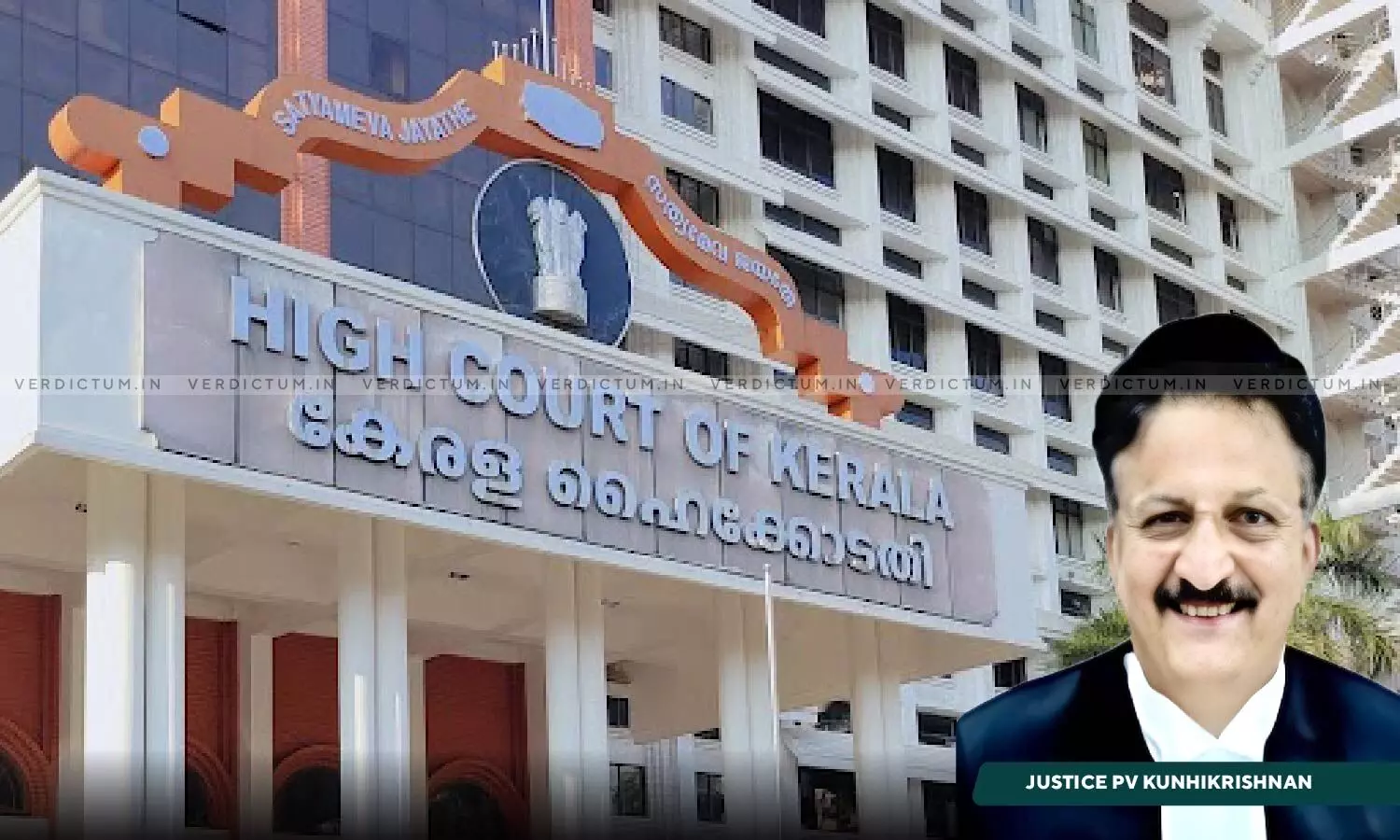
Justice P.V Kunhikrishnan, Kerala High Court
Service Of Demand Notice On Accused’s Relative Without Proof Of Awareness Invalid U/S. 138(b) Of NI Act: Kerala High Court
 |
|The accused issued a ₹92,500 cheque that bounced.
The Kerala High Court has acquitted a man convicted under the Negotiable Instruments Act, 1881, after finding that the mandatory statutory notice under Section 138(b) was not properly served on him.
The accused had issued a cheque for ₹92,500 to the complainant as part of payment for building materials. However, the cheque was dishonoured by the bank due to insufficient funds in the account. Following the cheque bounce, the complainant issued a legal notice dated April 27, 2019, demanding payment. This notice, however, was not received directly by accused. Instead, during trial proceedings, the complainant’s witness admitted that the notice had been delivered to a relative of the accused.
Despite this crucial detail, the trial court convicted him, sentencing him to three months of simple imprisonment and ordering payment of compensation. The conviction was subsequently upheld by the appellate court, though the sentence was reduced to one month. Consequently, he approached the High Court seeking relief.
A Bench of Justice PV Kunhikrishnan held, "the service of notice on the relative of the accused is not sufficient, especially when there is no evidence from the side of the complainant that the accused was aware of the service of notice on his relative. If there is no such evidence, it is to be presumed that the statutory notice under Section 138(b) of the Negotiable Instruments Act, 1881 is not served on the accused. The upshot of the above discussion is that the conviction and sentence imposed on the petitioner are to be set aside."
The High Court emphasized that under Section 138(b) of the NI Act, strict compliance with service of notice requirements is mandatory. The Court observed that the legal provision requires that a written demand notice be issued to the drawer of the dishonoured cheque within 30 days of the complainant receiving information from the bank about the cheque’s return.
The Court noted that there was no evidence to show that the accused was ever made aware—either directly or constructively—of the notice served on his relative. In the absence of such evidence, the Court held that the statutory notice requirement had not been fulfilled, rendering the proceedings against the accused legally unsustainable.
The High Court cited the 2009 Supreme Court decision in Thomas MD v. PS Jaleel, which held that service of notice on a spouse (in that case, a wife) cannot be equated with valid service on the accused.
On this basis, the High Court concluded that non-service of the statutory notice vitiated the entire criminal proceedings, and therefore, set aside his conviction and sentence. The Court also directed that any amount deposited by the accused during the pendency of the case be refunded.
Cause Title: Saju v. Shalimar Hardwares & Anr., [2025:KER:48183]
Appearance:
Petitioner: Advocates Manjusha K, M.T. Sureshkumar, and Sreelakshmi Sabu
Respondent: Senior Public Prosecutor Hrithwik C.S.